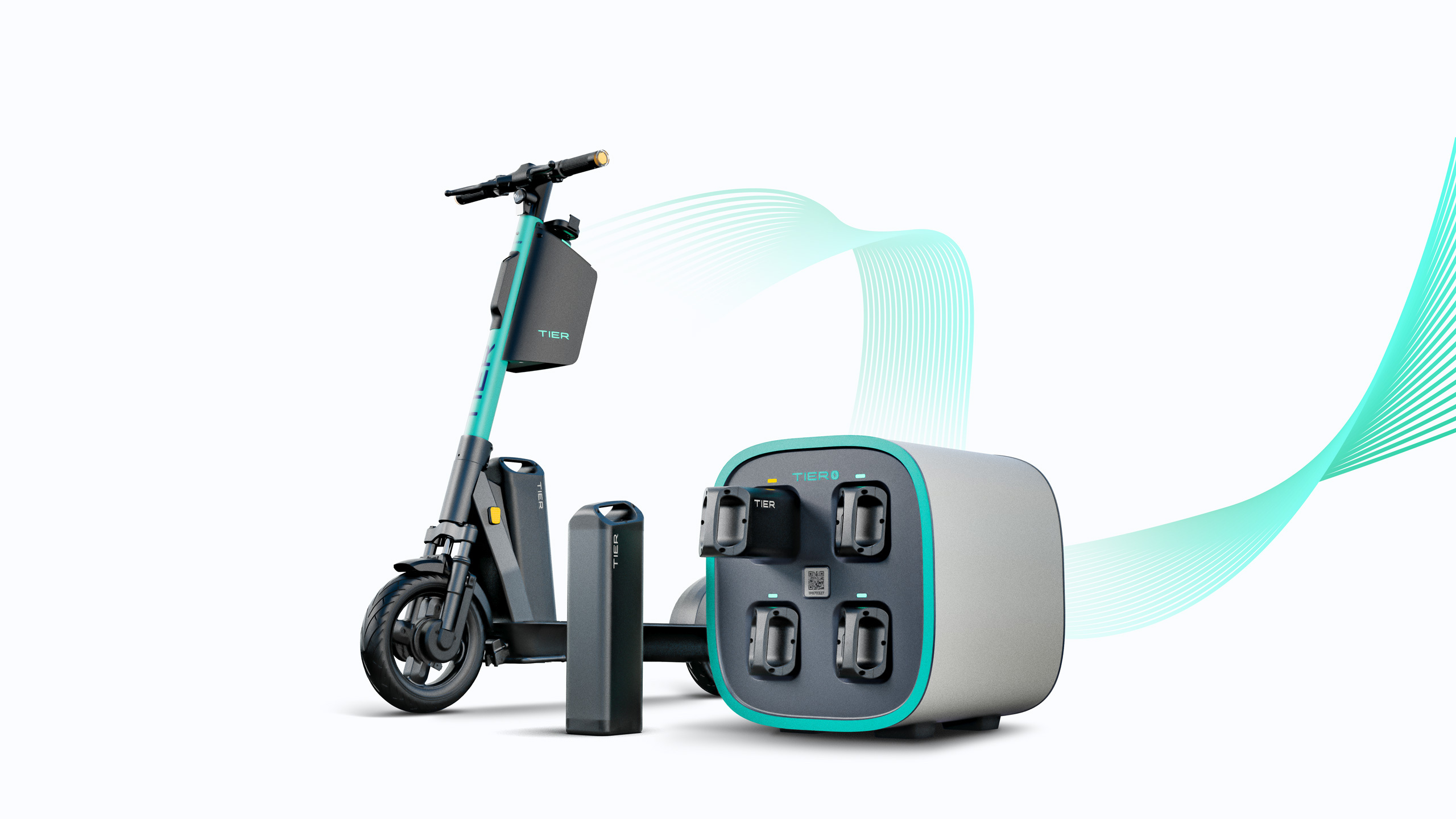Berlin-based micro-mobility startup Tier has raised a significant Series C round of $250 million. SoftBank Vision Fund 2 is leading the round, which proves that the Vision Fund team is still focused on high-risk, high-potential bets.
As a reminder, SoftBank has invested in many late-stage funding rounds through its Vision Fund team. Portfolio companies include Nuro, Getaround, GetYourGuide, DoorDash, Grab and WeWork. But this is the first time the company is investing in a scooter-sharing startup.
Tier’s existing investors Mubadala Capital, Northzone, Goodwater Capital, White Star Capital, Novator and RTP Global are also participating in today’s funding round. According to the Financial Times, the company is now valued just below $1 billion.
While Tier isn’t a well-known brand in the U.S., the company has been expanding rapidly across Europe. It now operates in 80 cities across ten countries. There are 60,000 electric scooters available in the app.
Like other e-scooter rentals startups, such as Lime, Bird and Dott, Tier lets you unlock a scooter using an app and lock it somewhere else. You get billed by the minute.
With the new influx of cash, the company plans to expand to more cities, deploy more vehicles and launch new products. The startup is also in the process of securing an important credit line to finance more vehicles.
Tier is also trying to differentiate itself from competitors. For instance, the company has been working on the fourth generation of its scooter with user-swappable batteries.

Image Credits: Tier
Most scooter startups already feature swappable batteries integrated in the deck. Micro-mobility companies roam around cities to replace those batteries. But Tier wants to expose those batteries so that users can swap those batteries themselves.
That’s why Tier wants to build energy networks in European cities. Small shops can choose to partner with Tier so that they can offer battery docks with four slots. Users can take a minute at the end of their ride to swap the battery and earn free credit. That battery network is reminiscent of Gogoro’s network of charging stations in Taiwan.
Tier, like Dott, sees itself as a logistics company, not a sharing-economy company. Instead of bringing costs down by relying on underpaid freelancing partners, the company tries to optimize its processes and relies on a centralized system.
As for other differentiating factors, Tier is starting to attach a box below the handlebar to store a foldable helmet for its users. When old scooter models are phased out, Tier sells refurbished scooters to German consumers on myTIER. The company also acquired electric mopeds in Berlin.
According to Business Insider, Tier has been profitable on an EBITDA basis for the third quarter of 2020. But the company reported some losses during the first half of the year. There is some seasonality with scooter rides as people are more likely to ride a scooter during the summer season.
It’s also hard to predict how the market will evolve due to the ongoing COVID-19 pandemic. But Tier now has enough cash to stick around for a while.
https://ift.tt/36qaYqZ
No comments:
Post a Comment